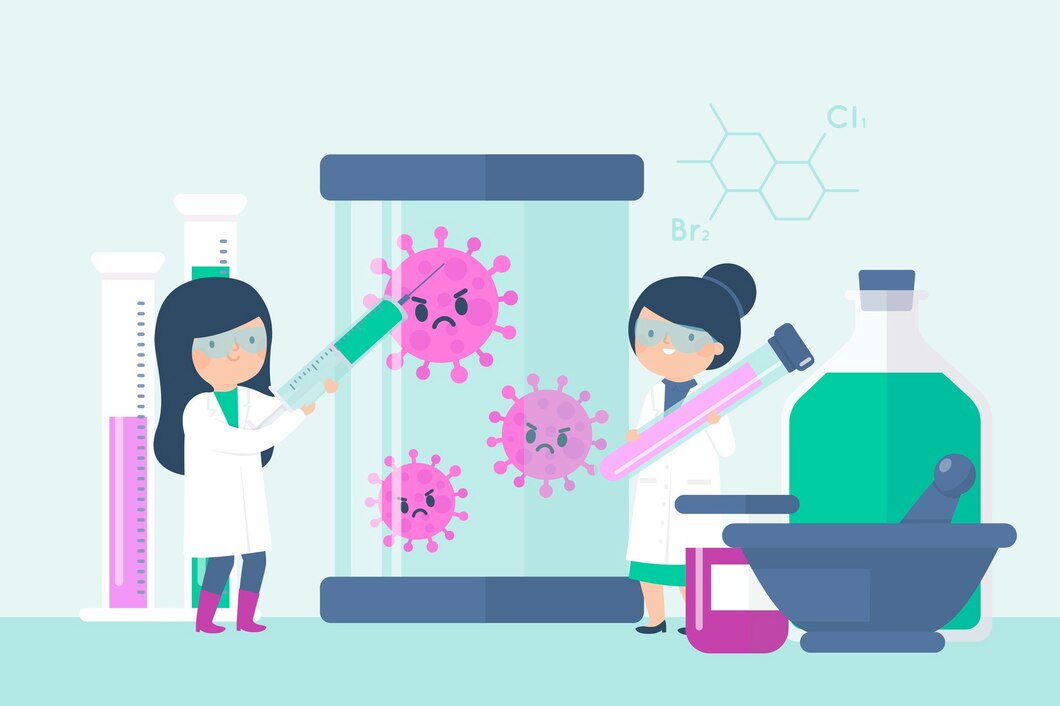The Evolution of Cancer Diagnostics
Early detection of cancer significantly increases the chances of successful treatment and survival. Emerging technologies in oncology are pushing the boundaries of what’s possible, offering more accurate and less invasive options for diagnosing this formidable disease.
Precision Medicine: A New Paradigm
Precision medicine is at the forefront of cancer diagnostics, tailoring treatments to individual genetic profiles. By understanding the unique molecular makeup of a patient's tumor, oncologists can devise personalized treatment plans that are more effective and cause fewer side effects. One notable advancement in this area is the use of genetic testing, which allows for the identification of specific mutations that drive cancer growth.
Incorporating Precision Medicine into clinical practice not only enhances treatment outcomes but also aids in early diagnosis. For example, the detection of particular genetic mutations through blood tests, known as liquid biopsies, is becoming increasingly common. Liquid biopsies are less invasive than traditional tissue biopsies, and they provide real-time insights into the cancer's development and response to treatment.
Leveraging Nanotechnology
Nanotechnology is another groundbreaking field transforming cancer diagnostics. Nanoparticles can be engineered to target and bind to cancer cells, making them easier to detect with imaging technologies. These nanoparticles can even deliver therapeutic agents directly to cancer cells, reducing the damage to surrounding healthy tissues.
In our article on nanomedicine and cancer treatment, we discuss how nanoparticles are revolutionizing the way cancer is treated and detected. The ability to visualize cancer cells at a microscopic level enhances early detection and enables precision in surgical interventions.
Advanced Imaging Techniques
Innovative imaging technologies are also playing a crucial role in early cancer detection. Techniques such as positron emission tomography (PET) scans and magnetic resonance imaging (MRI) provide detailed images of cancer inside the body, offering a non-invasive method to detect and monitor cancer progression.
Further advancements in imaging, such as the combination of different imaging modalities (e.g., PET-MRI), enhance diagnostic accuracy. These hybrid imaging techniques provide a more comprehensive view, helping doctors better understand the extent and nature of the cancer, and thus, personalize treatment plans more effectively.
Liquid Biopsies: A Less Invasive Approach
Traditional biopsies have been the gold standard for cancer diagnosis, but they can be invasive and painful. Liquid biopsies, on the other hand, offer a less invasive alternative, allowing doctors to detect cancer through a simple blood test. This method analyzes the small fragments of DNA (circulating tumor DNA) released into the bloodstream by cancer cells.
The role of epigenetics in cancer therapy is also becoming more evident, showing how these liquid biopsies can detect epigenetic changes that signal the presence of cancer. This advancement not only facilitates early detection but also helps monitor the effectiveness of treatments and detect recurrences.
The Importance of Epigenetics
Epigenetics, the study of changes in gene expression that do not involve changes to the underlying DNA sequence, is offering novel insights into cancer diagnostics. Identifying epigenetic markers can help in early detection and provide information about the aggressiveness of the cancer and its likely response to treatment.
By understanding the epigenetic changes in cancer cells, researchers are developing new diagnostic tools and targeted therapies. This approach is particularly useful in cancers that are traditionally difficult to diagnose early, such as ovarian and pancreatic cancers.
The Role of Artificial Intelligence
Artificial Intelligence (AI) and machine learning are making significant strides in the field of oncology. AI algorithms can analyze vast amounts of data from imaging scans, electronic health records, and genetic tests to identify patterns and markers associated with cancer. This significantly speeds up the diagnostic process and increases accuracy.
Conclusion
The landscape of cancer diagnostics is rapidly evolving, driven by technological advancements and a deeper understanding of the molecular and genetic factors underlying cancer. From precision medicine and nanotechnology to advanced imaging techniques and liquid biopsies, these emerging technologies are revolutionizing how we detect and treat cancer, paving the way for earlier diagnoses, better outcomes, and more personalized care.
By staying at the forefront of these developments, we can offer patients more effective diagnostic and treatment options, providing hope and improved health outcomes in the fight against cancer.




